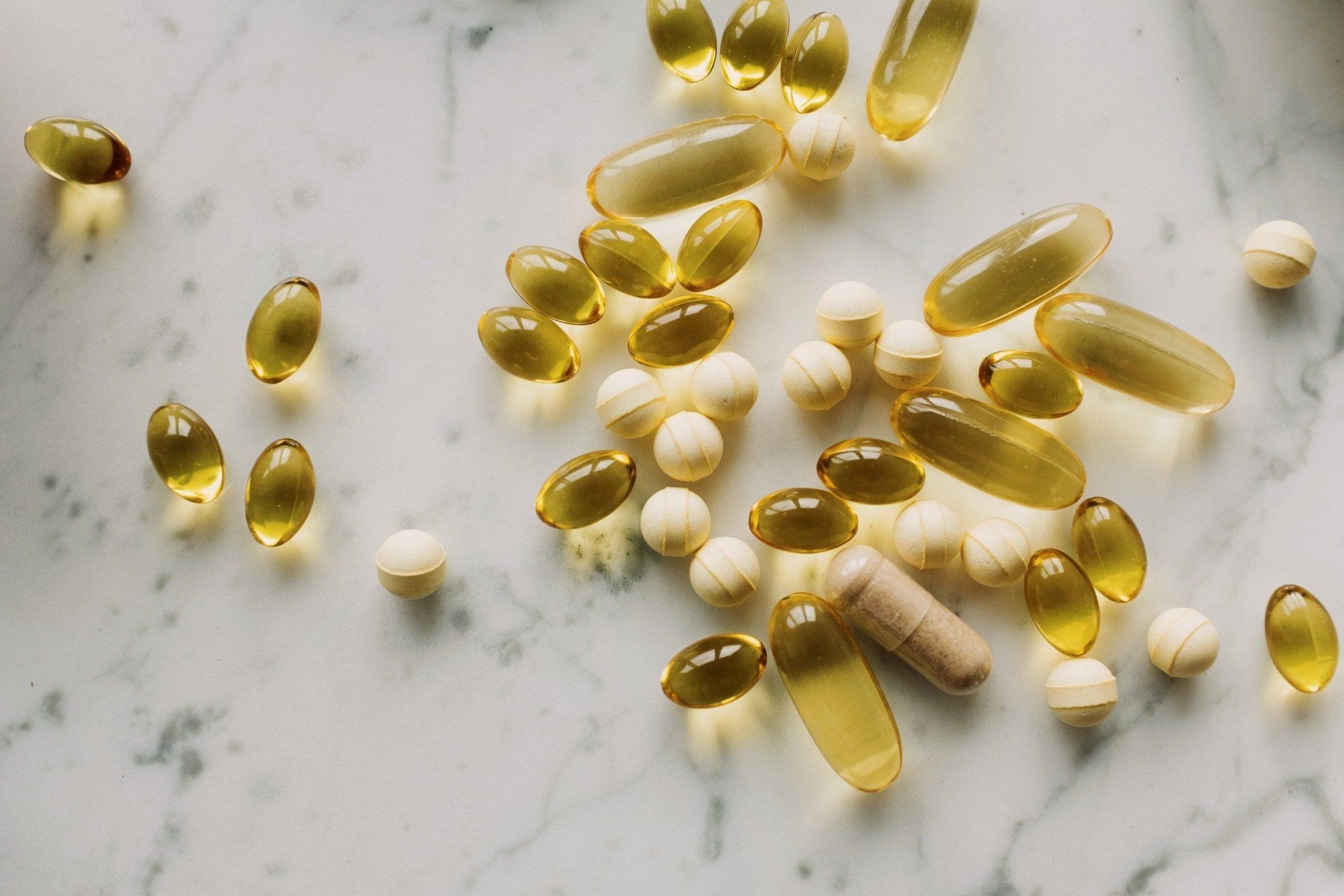5 Common Signs of Glutathione Deficiency You Shouldn't Ignore
If you're experiencing fatigue, frequent infections, or other unexplained symptoms, it's possible that you may have a glutathione deficiency.

Glutathione is a powerful antioxidant that plays a crucial role in maintaining good health. When levels of this important molecule are low, it can lead to a range of symptoms and health issues. Read on to learn more about the signs and symptoms of this condition.
What is glutathione and why is it important?
Glutathione is a naturally occurring antioxidant that is produced by the body. It plays a crucial role in protecting cells from damage caused by free radicals and toxins. Glutathione also helps to support the immune system and is involved in many other important processes in the body. When levels of glutathione are low, it can lead to a range of health issues and symptoms. It's important to maintain healthy levels of glutathione to support overall health and wellbeing.
Symptoms of glutathione deficiency
Glutathione deficiency can manifest in a variety of ways, including fatigue, frequent infections, muscle weakness, and joint pain. Other common signs of glutathione deficiency include skin problems, such as rashes and acne, and difficulty concentrating or remembering things. If you are experiencing any of these symptoms, it's important to speak with your healthcare provider to determine if glutathione deficiency could be the underlying cause.
Causes of glutathione deficiency
Glutathione deficiency can be caused by a variety of factors, including poor diet, chronic stress, environmental toxins, and certain medical conditions. In some cases, genetic mutations can also affect the body's ability to produce or utilize glutathione. It's important to identify the underlying cause of glutathione deficiency in order to effectively treat and manage the condition.
How to test for glutathione levels
There are several ways to test for glutathione levels in the body, including blood tests, urine tests, and saliva tests. However, it's important to note that these tests may not always accurately reflect the body's actual glutathione levels, as glutathione is produced and utilized in different ways throughout the body. Working with a healthcare professional who specializes in glutathione deficiency can help determine the best testing method and treatment plan for your individual needs.
Ways to increase glutathione levels naturally
There are several ways to naturally increase glutathione levels in the body. One of the most effective ways is to eat a diet rich in foods that contain glutathione precursors, such as broccoli, cauliflower, and spinach. Additionally, consuming foods high in sulfur, such as garlic and onions, can also help boost glutathione levels. Regular exercise, reducing stress, and getting enough sleep can also support healthy glutathione levels. Finally, taking supplements such as N-acetylcysteine (NAC) and alpha-lipoic acid (ALA) can also help increase glutathione levels in the body.
Don't Miss Out On More!

Heidi Toy FNTP
I help people all over the world heal by identifying and treating the root cause of their body imbalances. Through diet and nutrition, I guide them towards wholeness and balanced lives.
Heidi Toy Functional Medicine Blog















































































































